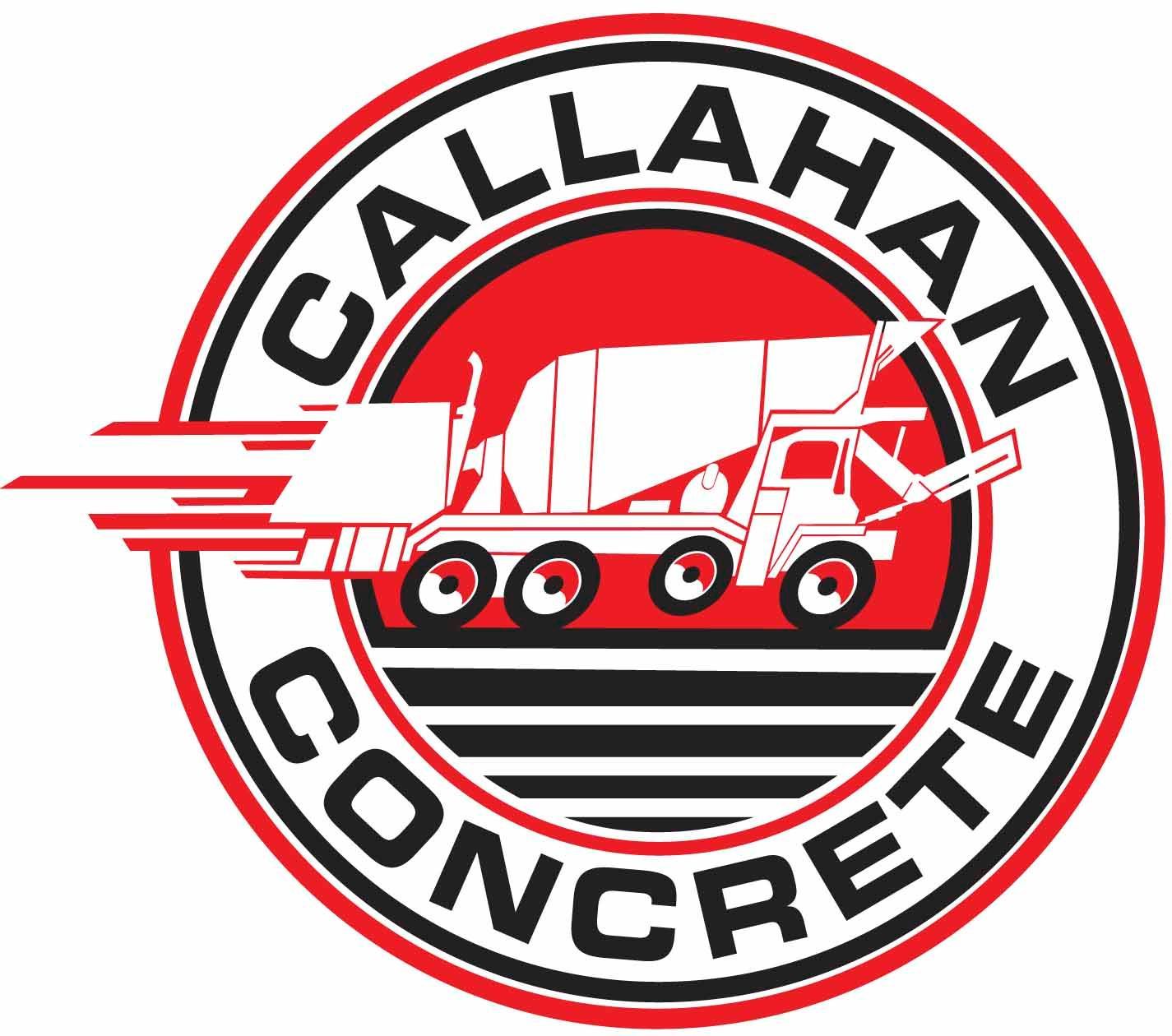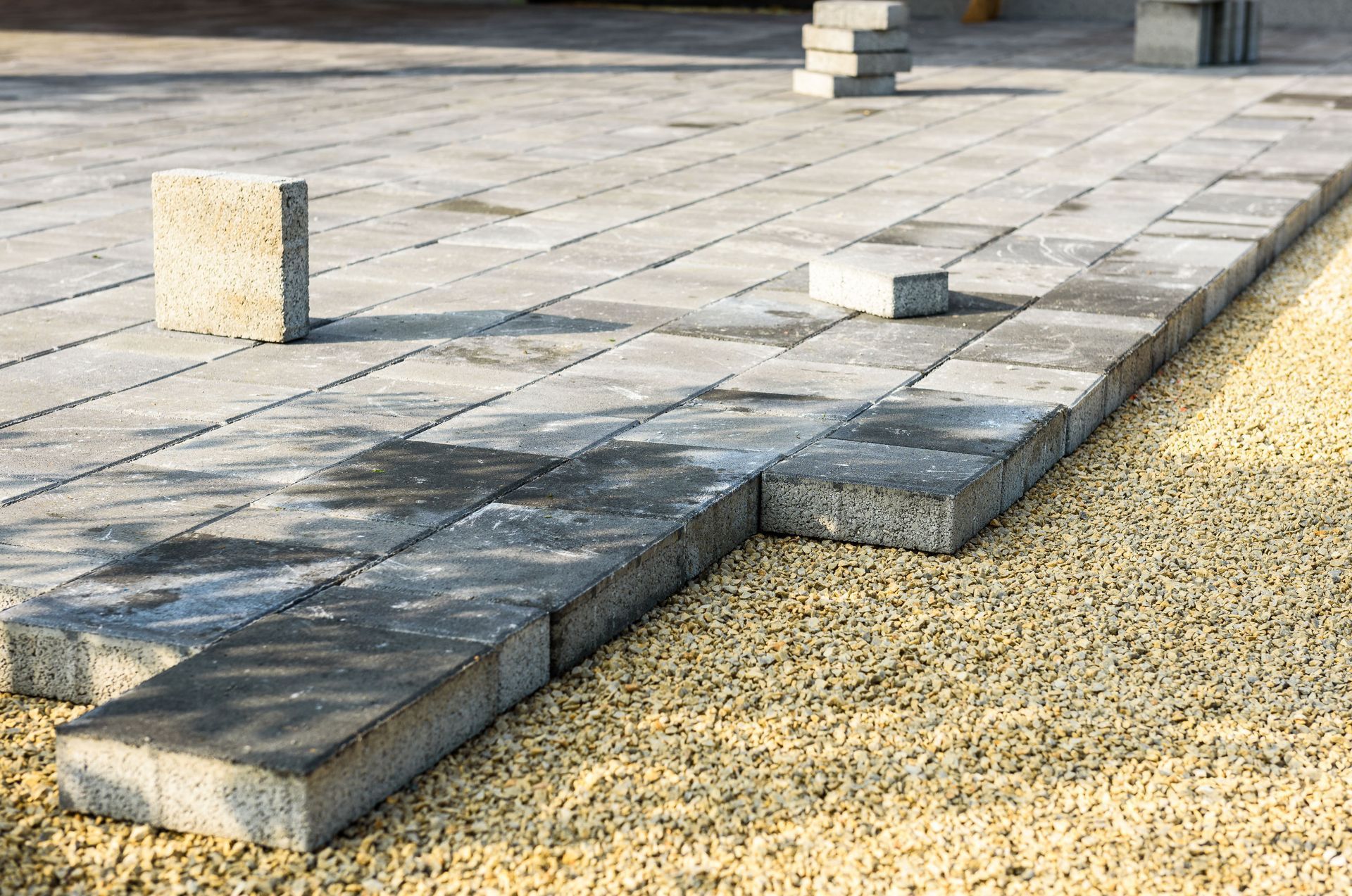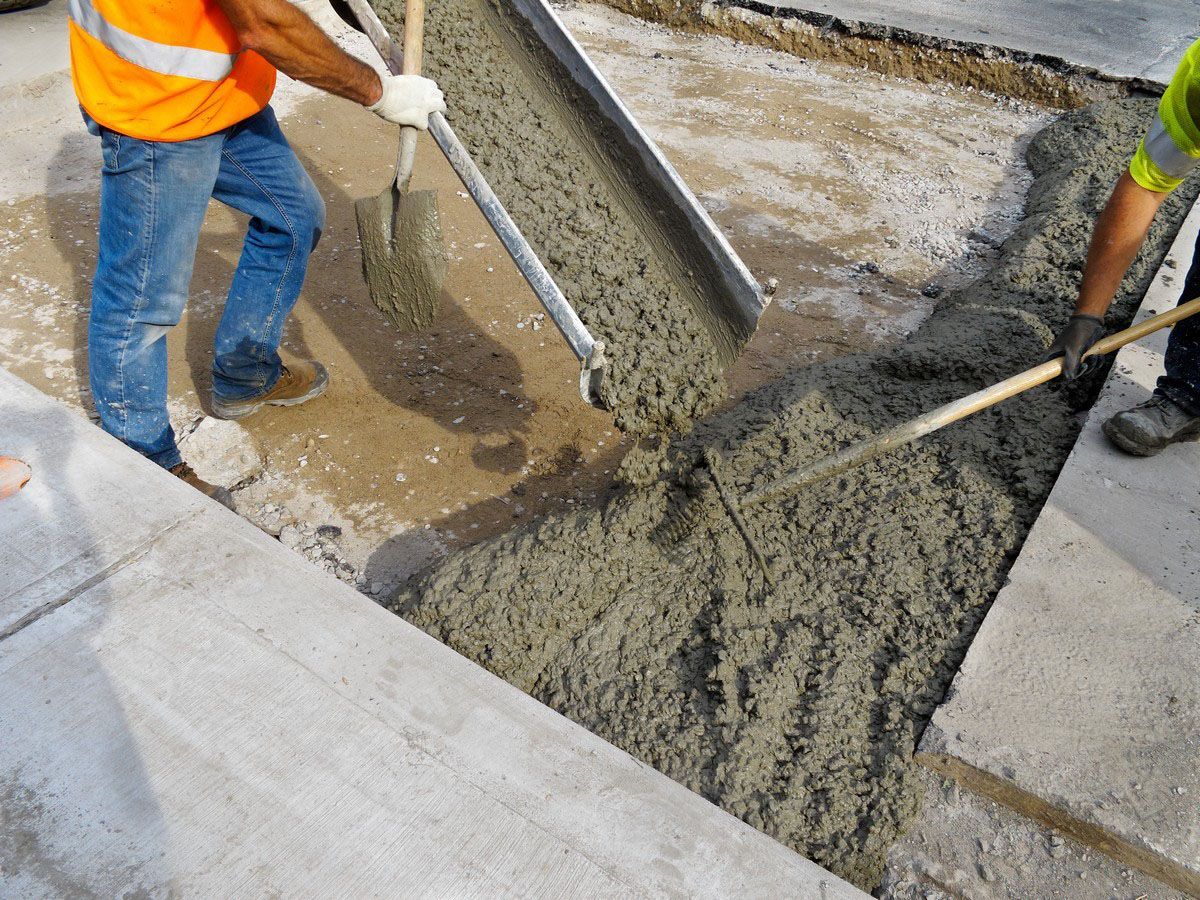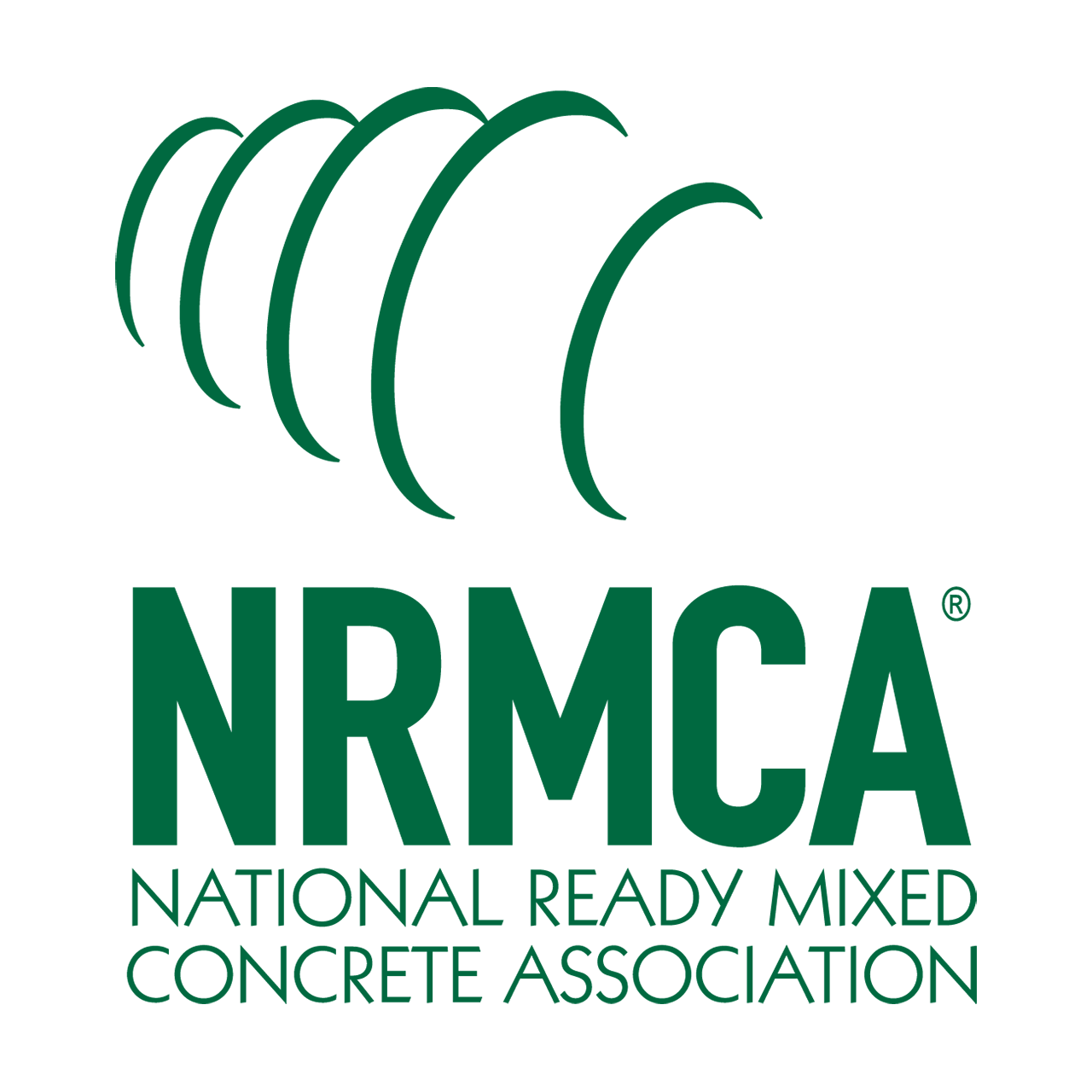July 21, 2025
Concrete ready mix plays a crucial role in modern construction projects. The selection of the right mix is essential for ensuring the quality and success of a building project. Using the appropriate concrete mix leads to enhanced structural integrity, durability, and aesthetic appeal. An informed choice minimizes the risk of costly repairs or structural failures. This guide aims to provide comprehensive insight into the factors influencing the choice of ready mix concrete for various construction projects. According to Mordor Intelligence, the 2025 market size for ready-to-mix concrete in North America is $72.63 billion. Reach out today for help with your next project!
Understanding Concrete Ready Mixes
Concrete ready mixes are pre-prepared concrete formulations tailored for specific construction requirements. Composed of cement, aggregates, water, and sometimes additives, these mixes are engineered for efficiency and consistency. Depending on the application, the composition can vary significantly to meet specific structural demands. The controlled production environment enhances quality control, reducing variability in performance. Ready-mix concrete offers a convenient and efficient solution compared to site-mixed concrete.
There are several types of concrete ready mixes designed for different applications. Standard concrete mix is commonly used for basic construction needs, while specialized mixes are available for unique requirements. High-strength concrete is designed to endure substantial structural loads. Self-compacting concrete allows for ease of flow and minimizes voids in complex forms. Fiber-reinforced mixes introduce additional tensile strength, ideal for surfaces exposed to high stress.
Ready mix concrete offers numerous benefits that contribute to its growing popularity. It ensures uniformity in concrete quality, reducing the risk of inconsistencies. The controlled preparation process allows for strict adherence to mix specifications. Additionally, ready-mix concrete supports sustainable construction practices by minimizing waste. Significantly, the North American market's anticipated growth, projected to reach $72.63 billion by 2025, underscores its advantages in efficiency and quality.
Ready mix concrete is versatile and widely used across various construction sectors. It is commonly utilized in residential building projects for foundations, driveways, and patios. Commercial applications include office buildings, industrial facilities, and parking structures. In infrastructure projects, ready mix plays a vital role in constructing bridges, highways, and tunnels. Its applications extend to decorative purposes, including stamped and textured surfaces.
Despite its benefits, ready-mix concrete has limitations that must be considered. Transportation time from the plant to the construction site can impact quality if not properly managed. The costs may be higher compared to site-mixed concrete for smaller projects. Once mixed, the concrete must be used quickly, limiting flexibility in scheduling. The environmental impact, including carbon emissions from production and transport, is a concern. Finally, the requirement for specialized equipment and handling increases operational complexity.
Assessing Project Requirements
The size and scope of a project play a critical role in determining the right concrete mix. Large-scale projects may require high-volume deliveries and mixes with enhanced durability. Conversely, small projects may benefit from specific mixes tailored to precise requirements, optimizing material use. Understanding the project's dimensions aids in selecting the most efficient and cost-effective mix. Accurate assessment prevents over- or under-utilization of resources, ensuring optimal execution.
Structural needs such as strength, load-bearing capacity, and durability heavily influence mix selection. Engineers must evaluate load factors, environmental conditions, and expected wear to choose the appropriate formulation. The selected mix must meet or exceed established performance specifications to ensure safety and longevity. Advanced mixes like high-performance concrete may be necessary for structures with significant stress demands. A comprehensive analysis of structural requirements is crucial in achieving project success.
Environmental factors significantly impact the choice of ready-mix concrete. Location, climate, and surrounding ecological features must be considered in formulating the mix. Weather variations can affect the mix's water content, drying time, and curing process. In regions facing environmental regulations, sustainable mixes may be mandated. An environmentally conscious approach supports compliance with legislation and promotes project sustainability.
Budgetary considerations play a pivotal role in concrete mix selection. While cost efficiency is important, it should not compromise structural quality or safety. Balance must be achieved between material costs, performance, and longevity. Selecting the right mix can prevent costly future repairs and maintenance. An economical decision enhances resource utilization and supports financial planning effectively.
Project timelines and scheduling are critical factors influencing concrete selection. Construction timelines dictate the urgency of delivery and curing periods for ready mix. Delays in material delivery can lead to setbacks, increasing overall project costs. The chosen mix's setting time must align with project deadlines and conditions. A proactive approach mitigates scheduling challenges and ensures on-time project completion.
Evaluating Concrete Mix Properties
Compressive strength is a fundamental property of concrete that determines its load-bearing capacity. It dictates the mix's ability to withstand external pressures without crumbling. Concrete mixes are rated based on strength, with higher values indicating greater load-bearing capacity. The right mix ensures structural integrity and prevents failures. Engineers must carefully consider the compressive strength to meet structural demands effectively.
Workability refers to the concrete mix's ease of manipulation during placement and finishing. A highly workable mix ensures even distribution and adherence within formworks. Proper workability minimizes voids and enhances surface finishes, reducing future maintenance needs. Factors such as water content and aggregates influence the mix's workability. Achieving a balance between workability and strength is key in construction applications.
Durability is a measure of the concrete's ability to withstand environmental and mechanical stresses over time. Long-lasting concrete reduces the need for repairs and replacements, lowering lifecycle costs. Durable concrete ready mixes resist degradation from factors like freeze-thaw cycles, chemical exposure, and abrasion. Engineers must ensure that selected mixes maintain integrity under expected conditions. Strong durability contributes to the sustainability and economic efficiency of projects.
The setting time of concrete affects project scheduling and progress significantly. Quickly setting mixes enables faster workflow and project turnover, which is advantageous in time-sensitive projects. Conversely, a prolonged setting allows for adjustments and complex form placements. Environmental conditions, mix composition, and additives influence setting times. Understanding these factors ensures a tailored approach to meeting project deadlines consistently.
The thermal properties of concrete determine how it reacts to temperature changes. Resistance to thermal expansion and contraction prevents structural damage like cracking and warping. Concrete mixes designed with appropriate thermal considerations enhance energy efficiency in buildings. Engineers must evaluate a mix's thermal performance in alignment with environmental conditions. Managing thermal properties is crucial for maintaining structural integrity and occupant comfort.
Sourcing and Supplier Selection
Choosing the right supplier is critical to obtaining high-quality concrete mixes. Trustworthy suppliers demonstrate consistent adherence to quality standards and industry regulations. They offer a range of options tailored to diverse project needs. Research and due diligence, including reviewing past projects and client satisfaction, are essential in selection. Ensuring supplier reliability minimizes risks and ensures material availability throughout the project.
Choosing the right concrete ready mix is pivotal for the success and longevity of construction projects. This guide underscores the importance of understanding project requirements and mixing properties while remaining compliant with regulatory standards. By comprehensively evaluating factors such as structural needs, environmental impacts, and supplier reliability, project stakeholders can make informed choices. Ultimately, selecting the appropriate concrete mix enhances efficiency, safety, and sustainability, leading to successful and enduring structures. Armed with this knowledge, construction professionals are better equipped to navigate the complexities of modern building projects. Be sure to reach out to Callahan Concrete today for more information on our professional concrete ready mixes !




